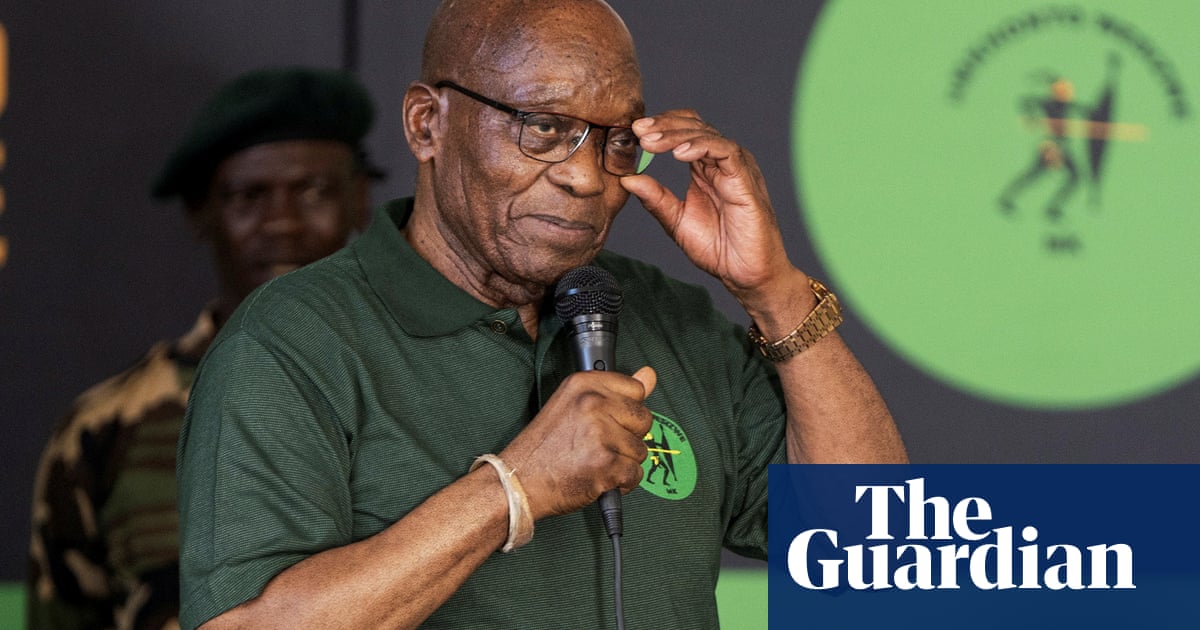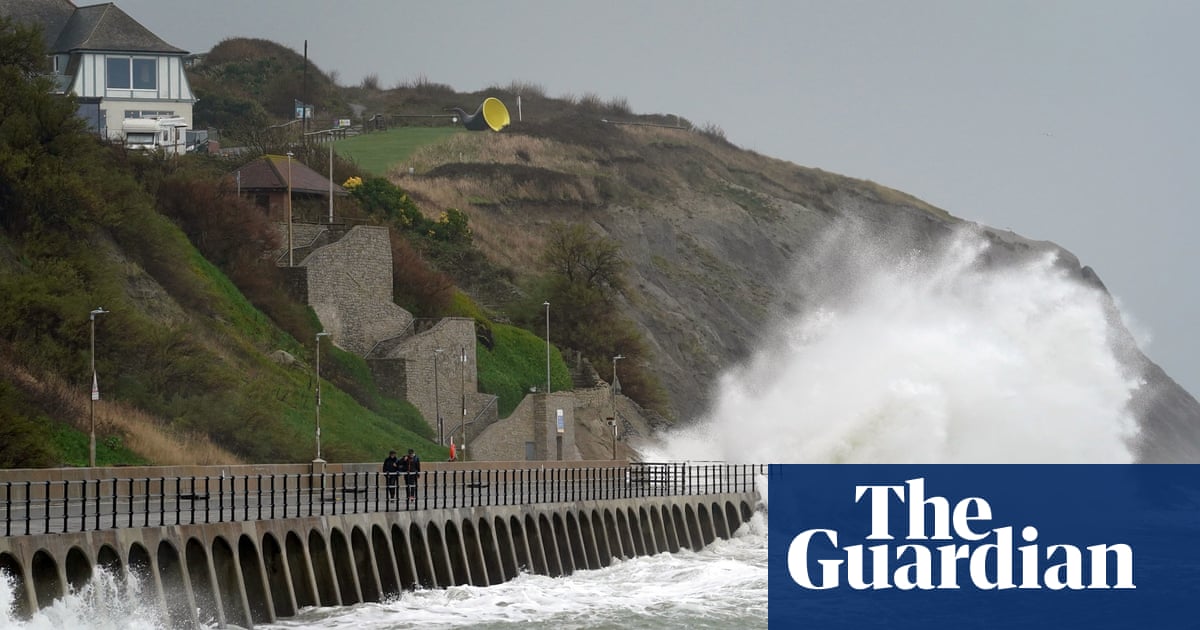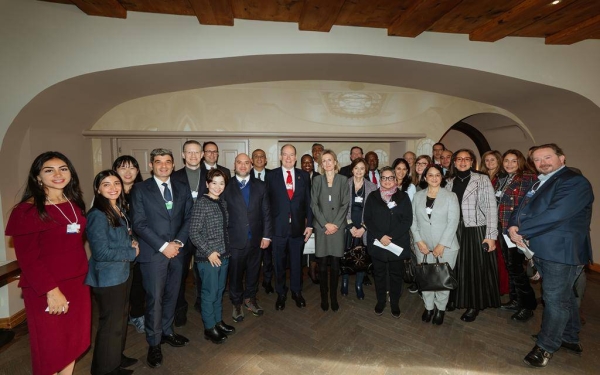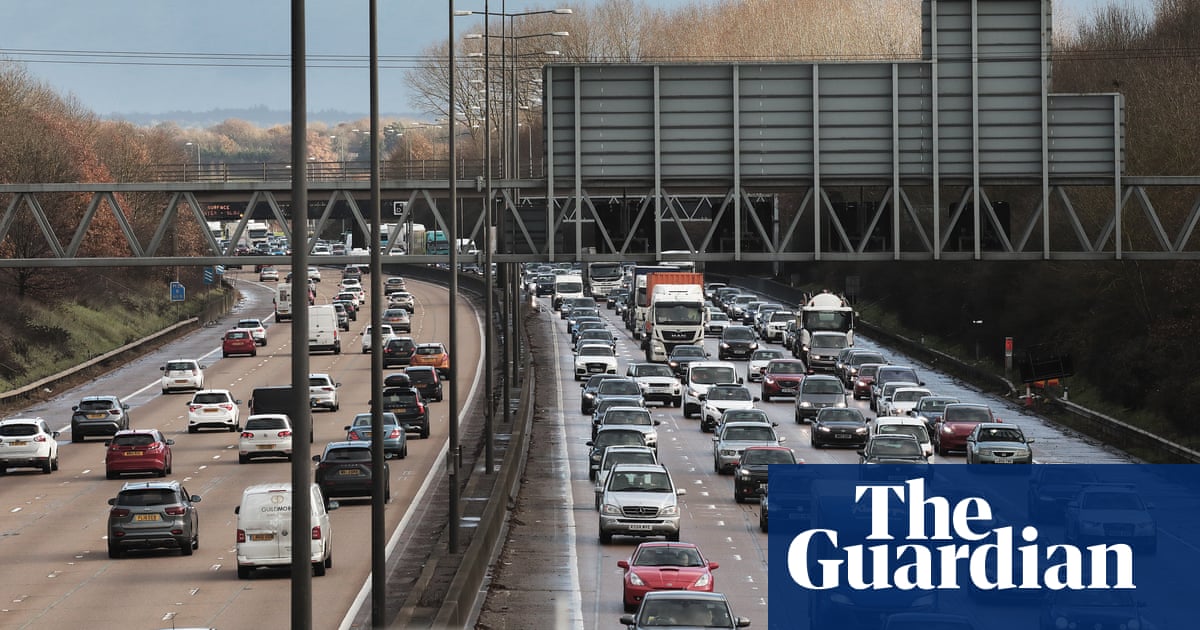
Rishi Sunak is preparing to deliver next week’s budget with the British economy at a pivotal moment before lockdown is relaxed, with businesses and workers still under severe strain, according to a Guardian analysis.
After the prime minister set out the government’s roadmap for dismantling Covid restrictions over four key stages this spring, the chancellor is expected to use his 15th major tax and spending announcement in less than a year on Wednesday to pledge further financial support to steer the economy towards recovery.
It comes as Britain is suffering the worst economic damage since the pandemic began and with unemployment continuing to rise, although there are hopes for a swift recovery later this year fuelled by rapid progress administering the Covid vaccine. But with months of restrictions to come, business leaders warn Britain stands at a crossroads with urgent further government support required.
Calling next week’s budget the most important in living memory, Tony Danker, the director general of the CBI, urged the chancellor to extend support for struggling firms and their workers and do more to boost companies in sectors of the economy subject to the longest lockdown controls.
Writing in the Guardian, the leader of Britain’s foremost business lobby group warned the task of protecting the economy from Covid remained unfinished. “Business support measures have been second to none, but now is not the time to bring them to a shuddering halt, particularly for those sectors that still have a way to go,” he said.
“The chancellor must finish what he started: doing whatever it takes to back UK business. The more businesses – the more jobs – that we can see through the crisis, the faster we can snap the economy back into shape.”
Since the onset of the pandemic, the Guardian has chosen eight economic indicators, as well as the level of the FTSE 100, to track the impact of coronavirus on jobs and growth, and the measures used to contain it. Faced with the deepest global recession since the Great Depression, the Covid crisis watch also monitors how the UK is faring compared with other countries.
Official figures confirmed this month that Britain suffered among the worst economic downturns in the western world last year, with a 9.9% drop in gross domestic product (GDP) in 2020 – the biggest annual plunge since 1709.
Having recorded the highest death toll in Europe from Covid-19, it was the worst in the G7, exacerbated by a slower entry into lockdown last year and later exit, as well as a higher proportion of social spending – such as in hospitality and retail, hit hardest by the pandemic – than in other major countries. However, the UK fared better than some other wealthy countries including Spain, where the economy collapsed by 11% last year.
However, a double-dip recession has been avoided after companies adapted to the second lockdown and took advantage of looser Covid restrictions in the run-up to Christmas before the third national shutdown was imposed.
There are also signs of resilience this month from a recovery in business activity in February, despite the continued pressure of lockdown, while mobility levels have risen slightly as more people leave their homes as Covid infections gradually fall.
Average household savings have risen during lockdown as many people cut back on spending on travel, shopping and eating out while working from home. According to Andy Haldane, the chief economist at the Bank of England, the savings glut means the economy is about to turn “a decisive corner with enormous amounts of pent-up financial energy waiting to be released, like a coiled spring”.
However, there is uncertainty over how much will be spent as the economy reopens and confidence takes time to recover amid the risk of new Covid variants, a new wave of infections and international travel controls. Savings have also been concentrated among higher-income households as poorer workers bear the brunt of the economic damage, threatening to exacerbate inequality coming out of the crisis.
Younger workers, the self-employed and those in more precarious hospitality and retail jobs falling out of work has also driven up unemployment to 5.1% in the three months to the end of December. With about 4.5 million people furloughed during the latest lockdown, business leaders, unions and Labour are calling for Sunak to extend the support, warning of a tidal wave of job losses without action.
The chancellor is being urged to spend £100bn at the budget in a mix of short-term economic support and long-term investment to bolster Britain’s recovery, despite an anticipated £382bn hole in the public finances.
Sunak has warned that the biggest increase in the budget deficit in peacetime will require “hard choices” on tax and spending to be taken. However, the Resolution Foundation thinktank said extending emergency support was necessary in line with the new timetable for easing public health restrictions – including the furlough scheme remaining in place until the summer, and targeted grants for the worst affected sectors like hospitality.
James Smith, a research director at the Resolution Foundation, said: “That [£100bn] is the scale of ambition needed to increase the chances that Britain sees a strong recovery from its pandemic-induced slump, and to ensure the recovery reaches firms and families across the UK.”












